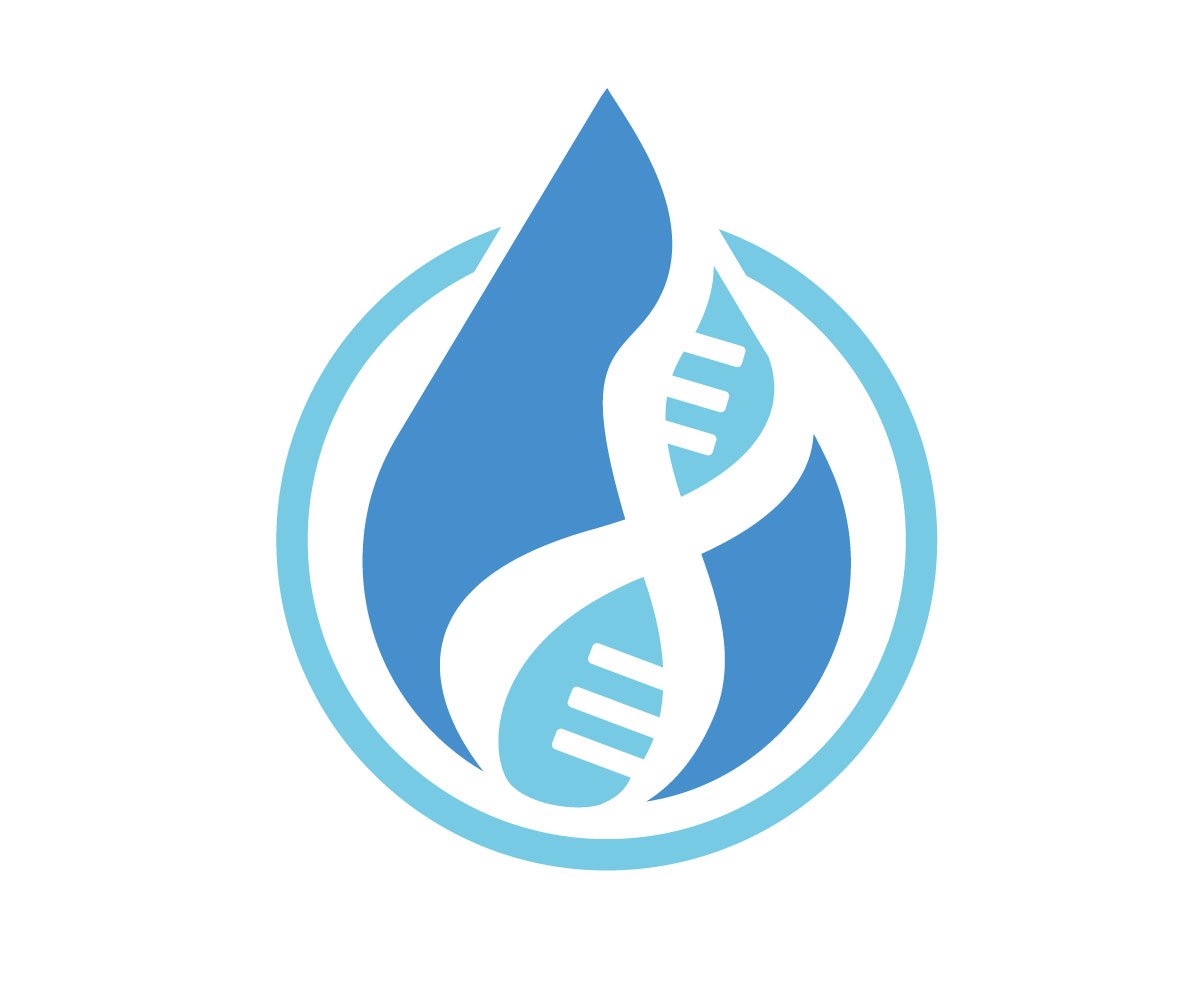Study aims to explore the experiences of those with surprise discovery about a parent
Updated as of 09/27/2022
The research team opened recruitment in spring 2022, and reached their target of 50 interviews in the summer. As such, enrollment for this study is now closed. However, they are currently in the analysis stage and hope to have results available sometime in 2023. Results will be shared on this page in due course.
Research into the experiences of people getting unexpected results from a home DNA test is still in infancy. With publications like the one in the American Journal of Human Genetics starting to come out, we are learning that one size doesn't fit all. Experiences vary widely, and those most closely connected to a discovery have an emotional journey to traverse that differs from those in the family who are a bit more removed from a discovery.
A new study based at McGill University aims to explore the experiences of consumer DNA testers who receive an unexpected result with implications to their own parentage. Rob Whitley, Ph.D. is an Associate Professor in the Department of Psychiatry at McGill University and a Research Scientist at the Douglas Hospital Research Center who has studied social and cultural psychiatry. He's written articles for Psychology Today such as this one on DNA discoveries. The research team led by Dr. Whitley recently opened recruitment to those who have received surprising parentage information.
Details of the study and participation, from Dr. Whitley and team:
Have you received surprising news about your parentage from an ancestry DNA test taken through a company such as ancestry.com® or 23andme®? For example, you may have received 'not parent expected' (NPE) news indicating that the man you assumed was your father is not your biological father. This may be linked to factors such as parental infidelity, adoption or sperm donation.
If so, would you be interested in talking confidentially about your experience for a new research study?
We are looking for people who are willing to discuss the impact of learning such news on factors such as mental wellbeing, family relationships and help-resources used. Our aim is to better understand the psychological and social experience of individuals who have encountered this situation. We will use this knowledge to create new resources to help people who are facing this situation in the future.
Received an unexpected DNA result relevant to your health/medical history? Read about a study recruiting participants on a prior post on WatershedDNA.com.


